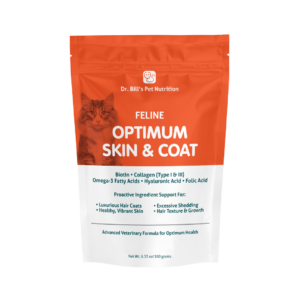
Kelp
— INGREDIENT —
Kelp is large brown algae found in the Pacific Ocean and the cold waters of Norway and Sweden. The nutritional value of kelp is dependent on the species, season, temperature of the water and geographic area
Functions of Kelp:
- Contains numerous micro-minerals
- Is rich in iodine, important in the biological function of thyroid hormones
- Capable of interrupting the signaling mechanism that plaque organisms (bacteria) use to connect to each other via the formation of a biofilm.
Kelp provides many health benefits including: antioxidant, anti-inflammatory, anti-cancer, anti-tumor, antibiotic, antiviral, and immune-stimulating.
Kelp has been shown to contain 46 minerals, 16 amino acids (the building blocks of protein) and 11 different vitamins. Prominent among the minerals are iodine, salt, iron, potassium, phosphorus and calcium. The prominent vitamins in kelp are vitamin A and niacin.
Due to Kelp’s high level of natural iodine, it is essential in regulating thyroid hormones and therefore metabolism and energy levels. An iodine deficiency can slow metabolic function by as much at 50 percent, so including kelp can naturally and significantly improve weight loss and other associated health problems.
Kelp helps in skin hydration, which may be particularly important during certain illnesses or if exposed to too much heat and sun. Our dogs and cats do not have the ability to release heat through sweating and are easily overheated and can rapidly become dehydrated.
Kelp contributes to maintaining acid base balance in the body due to its alkaline nature. It is also beneficial in cancer prevention, particularly in estrogen sensitive cancers such as breast, endometrial and ovarian cancers.
NEW
Subscribe & Save
Save 10% On Auto Deliveries
Shop Now
Products with Kelp
Oops. We still need to add products here.
Glossary
No results found.
